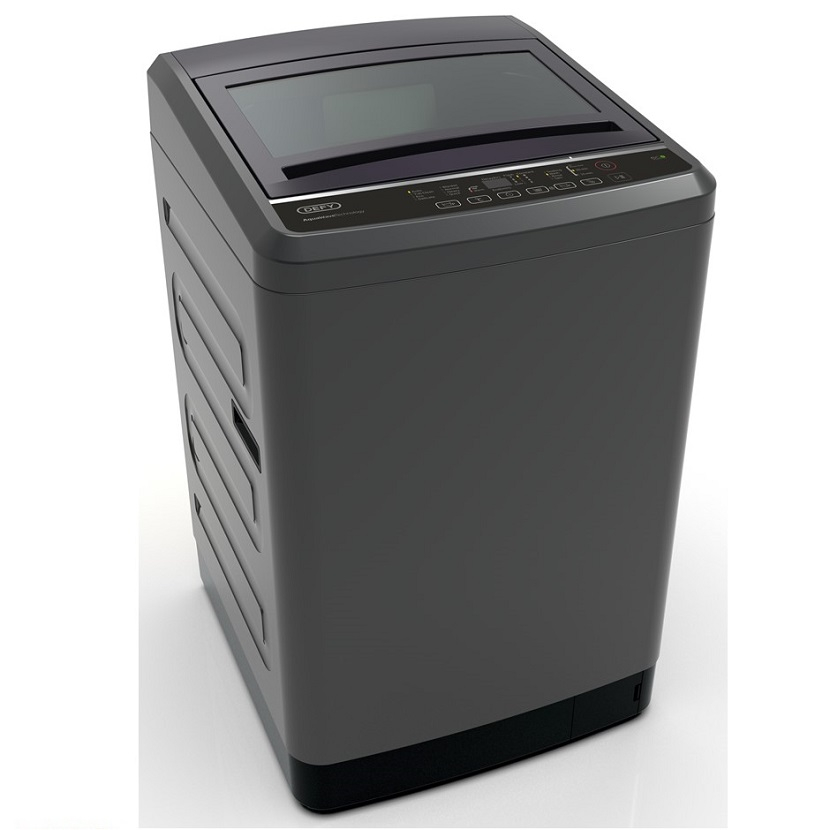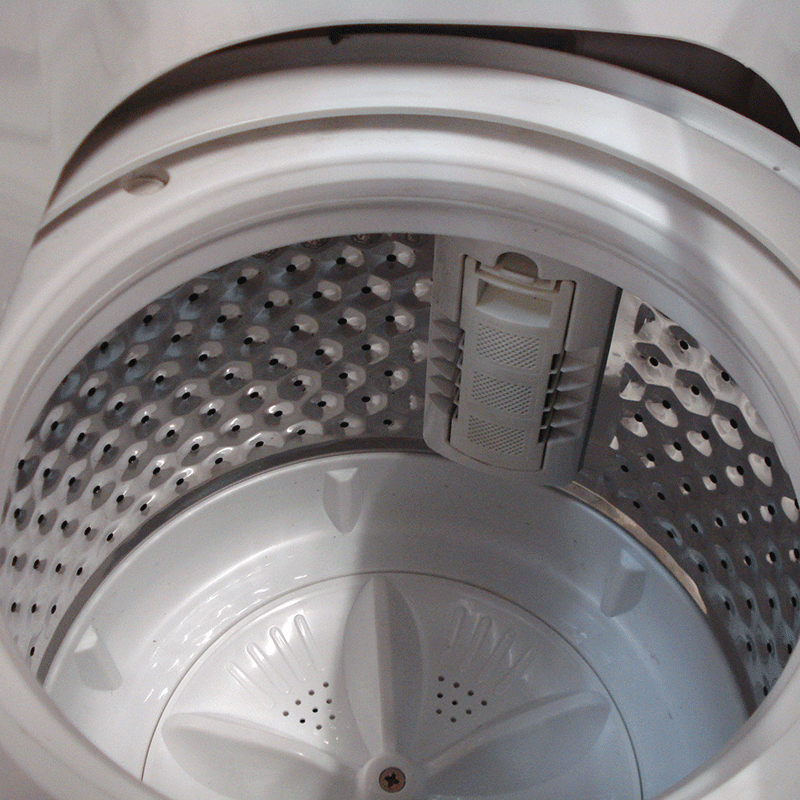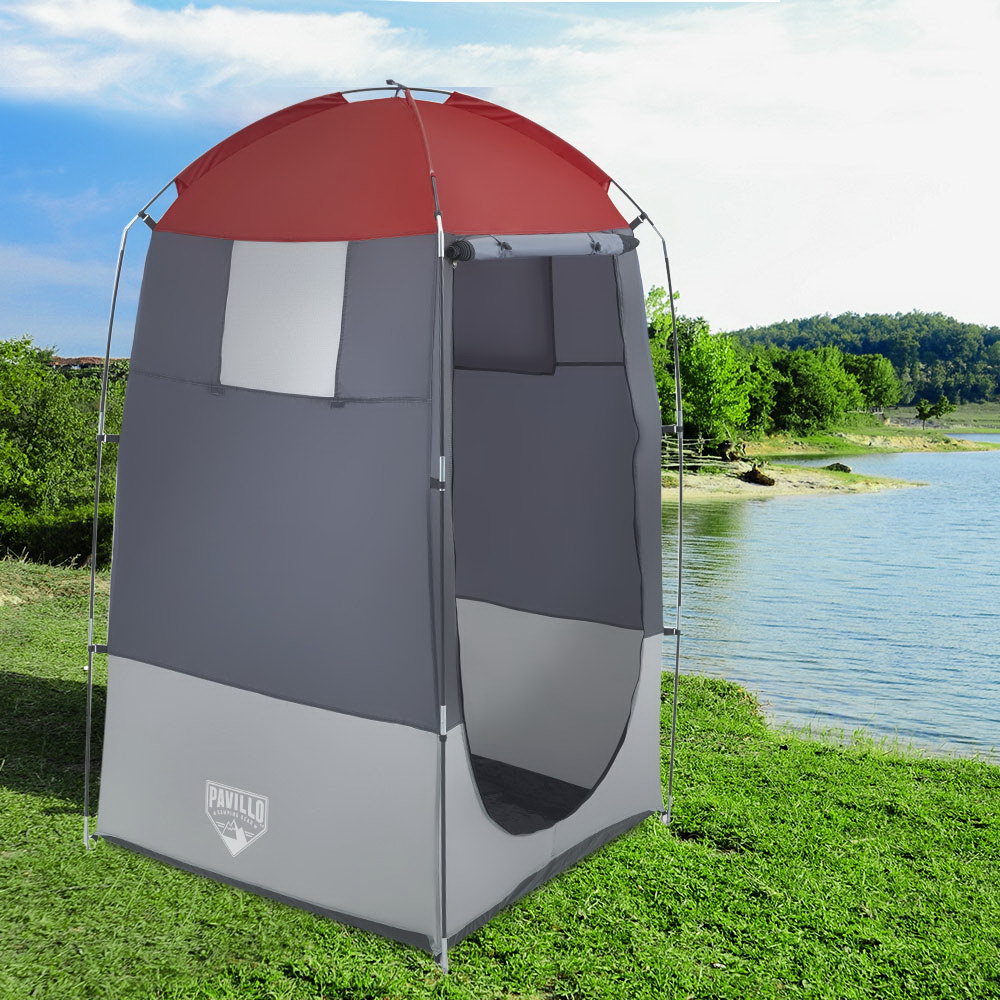Camping is a beloved outdoor activity for many, providing an escape from the complexities of modern life. Whether you’re an occasional camper or an avid outdoor enthusiast, a tent is essential for a comfortable camping experience. However, with time, exposure to the elements, and the general wear and tear of outdoor use, your tent may need some cleaning. A common question arises: can you wash a tent in the washing machine? While this might seem like a tempting option for convenience, the answer is more nuanced than a simple yes or no.
The Importance of Tent Maintenance
Before diving into the specifics of washing a tent, let’s understand why maintaining your tent is crucial. Regular maintenance helps prolong your tent’s lifespan, ensuring it remains waterproof, breathable, and structurally sound. A tent that isn’t properly cared for risks developing issues like mold, mildew, and even damage to its waterproof coating.
Benefits of Cleaning Your Tent
Cleaning your tent not only helps in maintaining its physical condition but also enhances its performance. Here are some benefits of cleaning your tent:
- Preventing Mold and Mildew: Tents exposed to moisture can easily develop mildew, which is detrimental to their fabric and your health.
- Enhancing Performance: A clean tent performs better in terms of waterproofing and breathability.
- Extending the Life: Regular cleaning and maintenance can significantly extend the life of your tent, saving you money in the long run.
Frequency of Cleaning
How often should you clean your tent? This often depends on how frequently you use it and the conditions in which you camp. After every trip, it’s advisable to conduct a visual inspection, with cleaning recommended if you notice stains, dirt, or signs of mold.
Can You Wash a Tent in the Washing Machine?
The idea of tossing your tent into a washing machine for a thorough clean can be tempting. However, there are many factors to consider before doing so. The general consensus among manufacturers and outdoor enthusiasts is that washing a tent in a washing machine is not advisable.
Risks of Machine Washing Your Tent
Damage to the Fabric
Most tents are made from lightweight, synthetic materials that can be easily damaged in a washing machine. The agitation can lead to tearing, fraying, or overall weakening of the fabric, which might compromise its integrity.
Removal of Waterproof Coatings
Most tents come with a waterproof coating that can wear off with exposure to chemicals, heat, or heavy agitation. Washing machines, especially in hot settings, can strip away these essential coatings, making your tent less effective in rain or damp environments.
Distorted Structure
The structure of a tent, including its poles and seams, can be affected by washing. The stress of machine washing can lead to bent poles or compromised seams, making your tent less reliable in adverse weather conditions.
Manufacturer Guidelines
It is crucial to consult the care instructions provided by the tent manufacturer. Many manufacturers explicitly advise against machine washing. Instead, they recommend hand washing or spot cleaning, which minimizes damage.
Alternatives to Machine Washing
If machine washing a tent isn’t advisable, there are several effective alternatives to clean your tent without damaging it.
Hand Washing Your Tent
Hand washing is a gentle and effective method for cleaning your tent. Here’s a step-by-step guide to doing it properly:
Gather Your Supplies
You’ll need the following items:
- Mild biodegradable soap (avoid detergents)
- Soft brush or sponge
- Clean water (preferably warm)
- A bathtub or large basin
Set Up Your Cleaning Area
Fill your bathtub or large basin with warm water. Add a small amount of mild soap to create a soapy solution.
Remove Stakes and Guylines
Before cleaning, make sure to remove any stakes, guylines, or additional accessories from the tent. This prevents damage and allows for a more thorough cleaning.
Spot Clean First
Inspect your tent for specific areas that may need special attention. Use a soft brush or sponge to tackle stubborn stains and dirt spots.
Soak and Gently Scrub
Place your tent inside the soapy water and allow it to soak for a while. After soaking, use the brush or sponge to gently scrub the fabric, paying close attention to any particularly dirty spots.
Rinse Thoroughly
Once you’ve completed cleaning, rinse the tent with clean water several times to ensure all soap is removed.
Drying the Tent
After rinsing, it’s important to dry your tent properly to prevent mold growth. You can hang it outside to dry in a shaded area. Avoid direct sunlight, as this can degrade the fabric.
Using a Tent Cleaner Spray
If your tent has minor dirt or stains, a tent cleaner spray designed specifically for outdoor gear can be an excellent alternative to deep cleaning methods.
- Spray on Stains: Apply the cleaner directly to any dirty areas.
- Wipe Off: Use a soft cloth or sponge to wipe the cleaner away.
- Rinse if Necessary: Depending on the product instructions, you may need to rinse afterward.
Dealing with Mold and Mildew
If your tent has developed mold or mildew, removing it promptly is essential to prevent further damage. Here are steps you can follow:
Mix a Solution
Create a solution of equal parts water and white vinegar or using a specialized mildew removal cleaner.
Apply to Affected Areas
With a soft cloth or sponge, apply the solution directly to the moldy spots.
Scrub Gently
Gently scrub the affected areas, ensuring not to damage the fabric.
Rinse Thoroughly
Once cleaned, rinse the area with clean water and allow it to dry in a well-ventilated area.
 Additional Tips for Tent Maintenance
Additional Tips for Tent Maintenance
Maintaining your tent goes beyond just cleaning. Here are some tips to ensure its longevity and performance:
Store Properly
Store your tent in a cool, dry place after cleaning and drying. Avoid keeping it in damp areas or packed away in its stuff sack for an extended period.
Conduct Regular Inspections
Before packing your tent for a trip, conduct a thorough inspection. Look for any tears, holes, or signs of wear around the seams and zippers.
Waterproofing Treatments
Reapply waterproofing treatments as needed, as these can wear off over time. Most manufacturers recommend doing this annually or after several uses.
Handling Food and Beverages
Be careful when consuming food or beverages inside your tent, as spills and crumbs can attract pests and potentially cause stains that are difficult to remove.
Follow the Season
Pay attention to seasonal changes. For example, during peak camping seasons, grass might be dewy in the morning, which could wet your tent even if the forecast shows a clear day ahead.
When to Seek Professional Care
In some cases, your tent may require professional cleaning or repairs, particularly if it has seen considerable use or extensive damage. Here are a few instances where seeking professional help is recommended:
- Severe Damage: Rips or major tears that require specialized stitching.
- Stubborn Stains: If mold or stains persist even after cleaning attempts, consult a professional cleaner experienced in outdoor gear.
- Expert Waterproofing: Professionals may recommend better waterproofing techniques based on the tent’s material and usage.
Conclusion
Can you wash a tent in the washing machine
Can you wash a tent in the washing machine? While it might seem like a feasible option, the risks far outweigh the benefits. It is generally advisable to hand wash or use specialized cleaning methods to ensure that your tent remains in top shape for many future camping adventures. By following the proper maintenance rules and investing some time in cleaning and caring for your tent, you can extend its lifespan while keeping it functional and ready for your next outdoor escapade. Remember, a well-cared-for tent is your best partner under the stars!


